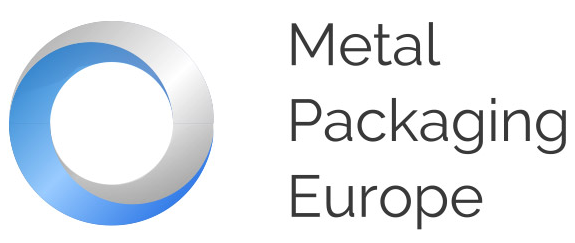Supply Chain Efficiency
- Due to its strength and rigid nature, metal packaging is filled at high speeds with virtually no product loss, increasing overall efficiency including energy and CO2eq emissions.
- Mention small losses occur, but metal properties remain unchanged.
FACT.
Beverage cans achieve up to 2.000 per minute (120.000/hour).
Metal packaging offers excellent space optimisation due to its stackability. It is easy to handle in store, reducing spoilage and costs.
FACT.
Up to 10.000 80gr cans fit into 1 cubic metre illustrating the economic benefits on a per shelf basis.
Metal packaging is unbreakable, reducing the risk of leaking or tearing during transportation. Supply chains are specifically designed so that production facilities are located close to filling operations, reducing transport costs and associated CO2eq emissions.
FACT.
The CO2eq emissions footprint for transport of metal packaging is less than 2% of the total CO2eq emissions footprint.
Due to their inherent strength, metal packaging, both empty and filled, can be stacked to make maximum use of storage.
FACT.
Producing new metal packaging from recycled materials can significantly reduce energy consumption, with savings of up to 78% for steel and up to 95% for aluminium beverage cans globally.
